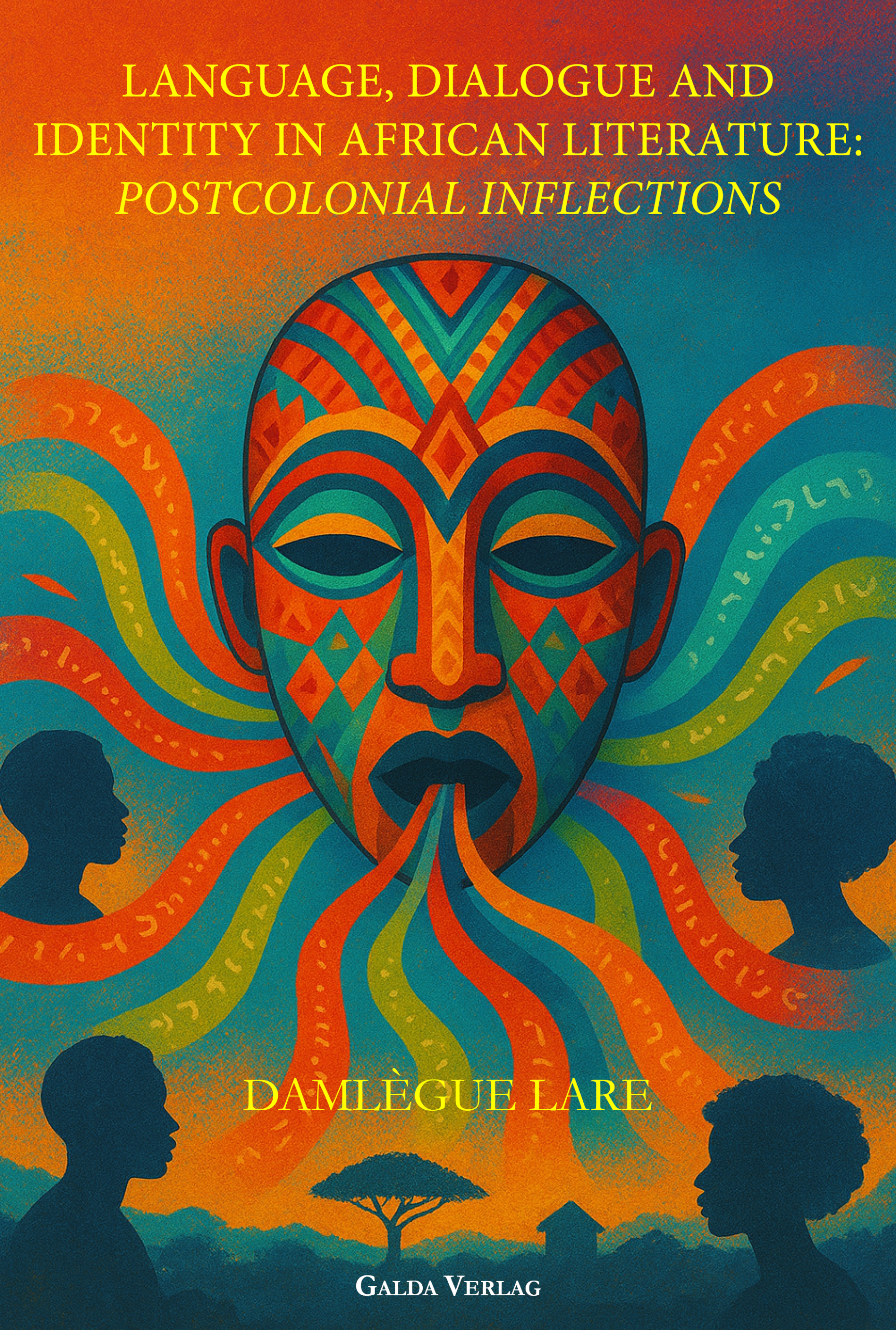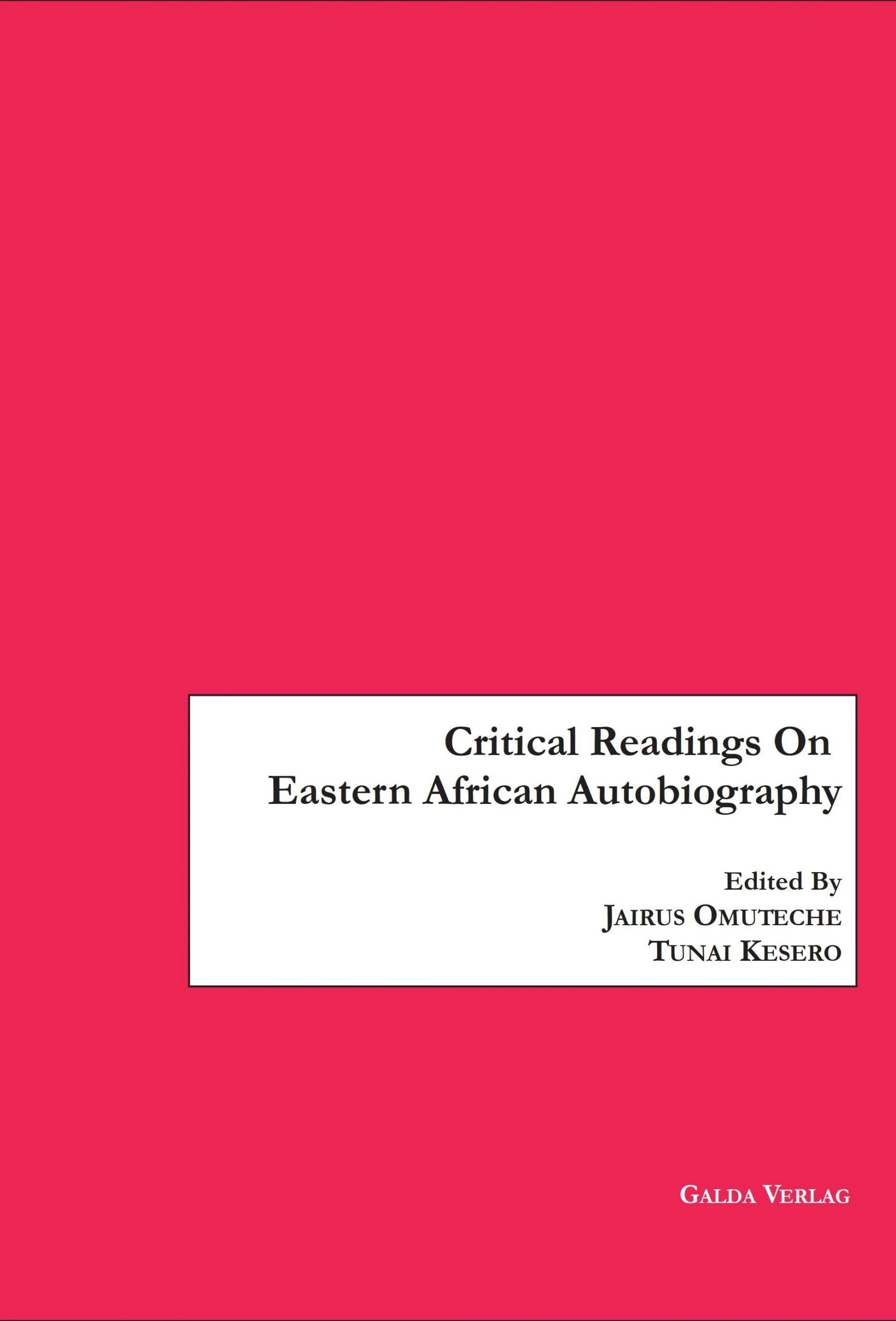Language, Dialogue and Identity in African Literature: Postcolonial Inflections
Language, Dialogue and Identity in African Literature: Postcolonial Inflections
| Author | |
|---|---|
| ISBN | |
| Publication Date | November 28, 2025 |
| Size | |
| No. of Pages | 300 |
| Binding | Paperback |
€59.00
This book explores the contributions of language, dialogue and identity in African literature and how they shape critical perception of African literary politics. It reads from the selected writings of Chinua Achebe, Buchi Emecheta, Efua Sutherland, Chimamanda Ngozi Adichie, Ola Rotimi, Ngugiwa Thiong’o, Nadine Gordimer and Kwakuvi Azasu, Irene Isoken Salami Ogunloye, and Frank Ogodo Ogbeche, Tess Onwueme, Gabriel Okara, J. P. Clark and Lueen Conning to bring out a sense of critical understanding that seeks to reposition Africa and its writings in the mainframe of cultural dialogue. The study advocates among other claims the necessity to remap African literary and cultural spaces to empower African languages in contemporary schools, the redirection of cultural dialogue that gives respect to African voices and bridges scholarship to make Africa more visible. African history, read from within, should bring scholars to revalue African new orientations that construct new identities and change critical perception about Africa, its languages, literatures and global politics. The postcolonial inflections advocated here mean to put African present and future challenges in resilience perspectives: erase past stereotypes and construct respectful images that bring the continent to constructive dialogue with world cultures.
| Author | |
|---|---|
| ISBN | |
| Publication Date | November 28, 2025 |
| Size | |
| No. of Pages | 300 |
| Binding | Paperback |
About the Author
DAMLÈGUE LARE is Associate Professor (CAMES) of Anglophone African Literature, Civilization and Culture. He is faculty member and teaches at the Université de Lomé in Togo. He was Fulbright Visiting Scholar of Senior Research at the University of Nebraska-Lincoln (USA) for the academic year 2016-2017. His other researches focus on African feminism, gender discourses, postcolonial and postmodern African literary criticism. He is the author of Diction and Postcolonial Vision in the Plays of Wole Soyinka (Galda 2016), African Feminism, Gender and Sexualities: Emerging Discourses in Contemporary Africa (Galda 2017) and Modern African Drama: Critical and Theoretical Approaches (Galda 2019). His contributions appeared in Research in African Literatures (Indiana University Press, Summer 2019), African Histories and Modernities (Palgrave Macmillan 2019).
Table of Contents
TABLE OF CONTENTS
Introduction 1
Chapter 1: Remapping Postcolonial Literary Spaces:
Between Cultural Imperialism and Cultural Nationalism 9
From Colonial to Postcolonial Discourse 13
The Legacies of the Berlin Conference 18
Nadine Gordimer’s Discourse on Cultural Dialogue 32
Womanism: Its Significance and Cultural Implications 44
Remapping Postcolonial Literary Spaces 48
Deconstructing European Cultural Imperialism in Africa 49
Legacies of the 1967 African Conference 55
Teaching African Languages and Literatures 61
Chapter 2: Language and Cultural Mediations: An Exploration of Chinua Achebe’s Selected Writings 65
The Intersection Chinua Achebe – Edward Said 73
Achebe’s Perception of the Postcolonial African as Hybrid 76
Achebe Speaking Truth to Power 88
Displacement and the Postcolonial Subject 93
Reconfiguration of New Identities 100
Chapter 3: Narrative Discourse and Relevance in Chimamanda Ngozi Adichie’s Half Of A Yellow Sun 107
Adichie’s TED Lecture on Culture, Life and National Identity 108
Adichie’s Narrative Realism 114
The Postcolonial State and the Paradigm of Ethnicity 117
Authorship 125
Political Discourse Analysis 134
Grappling with Nation-Building 137
Redefining Relevance 139
Chapter 4: African Neo-Colonial Predicament in Ola Rotimi’s
The Gods Are Not To Blame 143
Post-colonial Discourse Analysis in Ola Rotimi 144
Iconographic Articulation of Africa’ Neocolonial Predicament 151
An Interaction View of Metaphors 158
Chapter 5: Women’s Resistance in Irene Isoken Salami-Ogunloye’s
Sweet Revenge, Frank Ogodo Ogbeche’s Harvest of Corruption and Tess Onwueme’s A Parable for the Season 161
Women’s Resistance in Harvest of Corruption 174
An Aethiological Approach to Corruption 181
Focalization 185
Women’s Empowerment in Tess Okaeke Onwueme’s
A Parable for a Season 187
Understanding Logocentrism and its Place in
Deconstruction Theory 195
Binary Oppositions and their Role in Creating Meaning 195
Chapter 6: Language as Marker of Identity in Gabriel Okara’s
“The Call of a River Nun” and JP Clark’s Song of a Goat 197
The Metaphor of Colonialism 199
Chapter 7: Language, Identity and Mental Decolonizing in Lueen
Conning’s A Coloured Place and Ngugis I Will Marry when I Want 211
Othering 216
Intertextual Reflections of Mental Decolonization in Ngugi wa Thing’o and Ngugi wa Mirii’s I Will Marry when I Want 221
Discourse against Imperialism: Towards an African Education 229
Chapter 8: Language and the Deconstruction of Violence against Women in Buchi Emecheta’s Double Yoke 241
Women Reacting to Sexual Violence and Aggression 247
Antiphrasis or Oximoron 249
Language, Creativity and Authorial Ideology 252
Chapter 9: Philosophy of Education: The Example of
Efua T. Sutherland’s Foriwa 257
Chapter 10: Deconstructing Racism and Otherness in
Kwakuvi Azasu’s The Slave Raiders 267
Conclusion 279
Bibliography 283
Index 293









